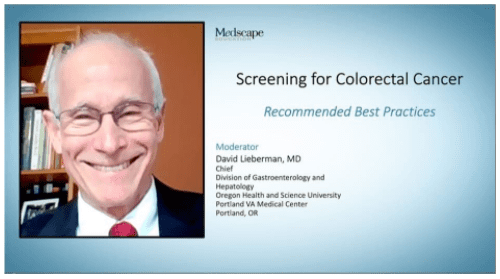Intervention Type: One-on-One Education

NEW!
New Resource Webinar: Lead Time Messaging Guidebook
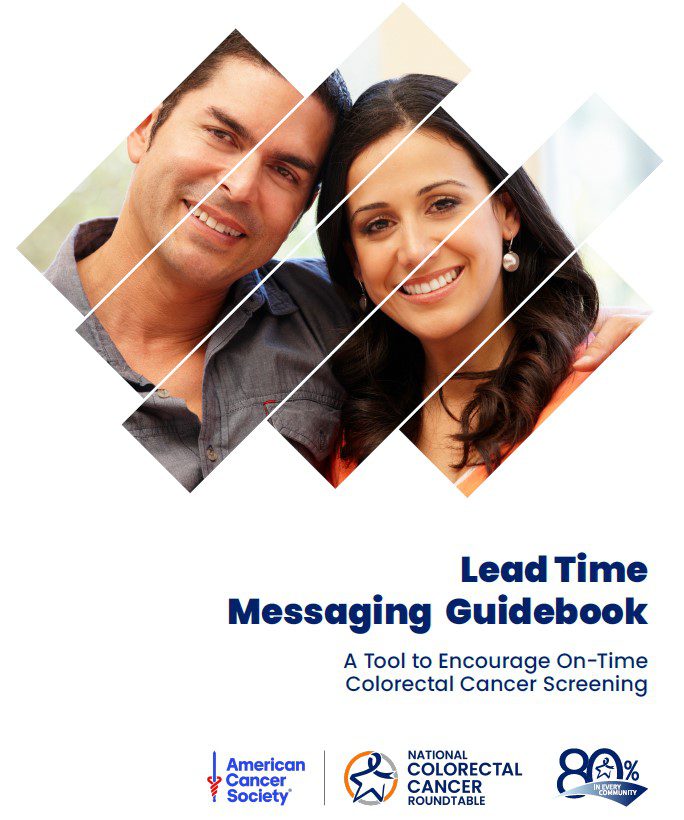
NEW!
2023 Lead Time Messaging Guidebook
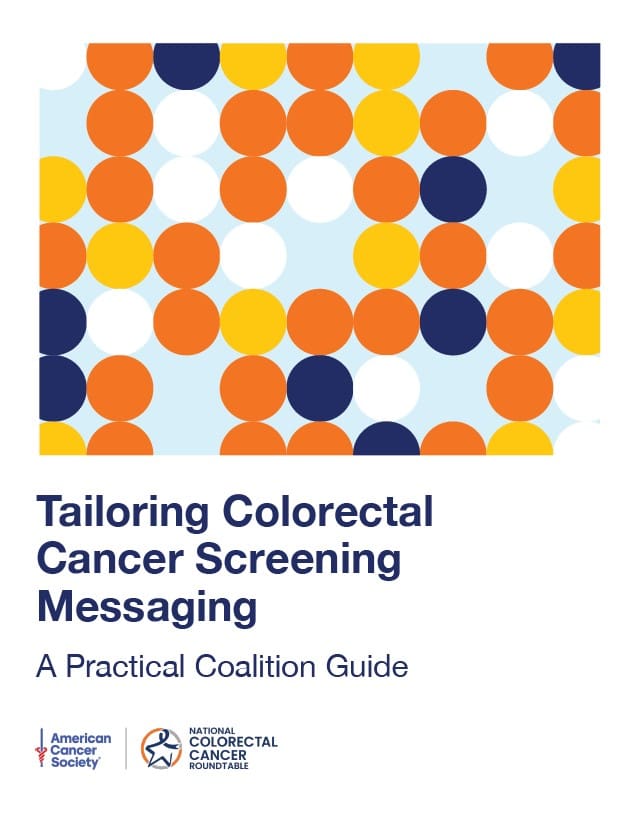
Tailoring Colorectal Cancer Screening Messaging: A Practical Coalition Guide
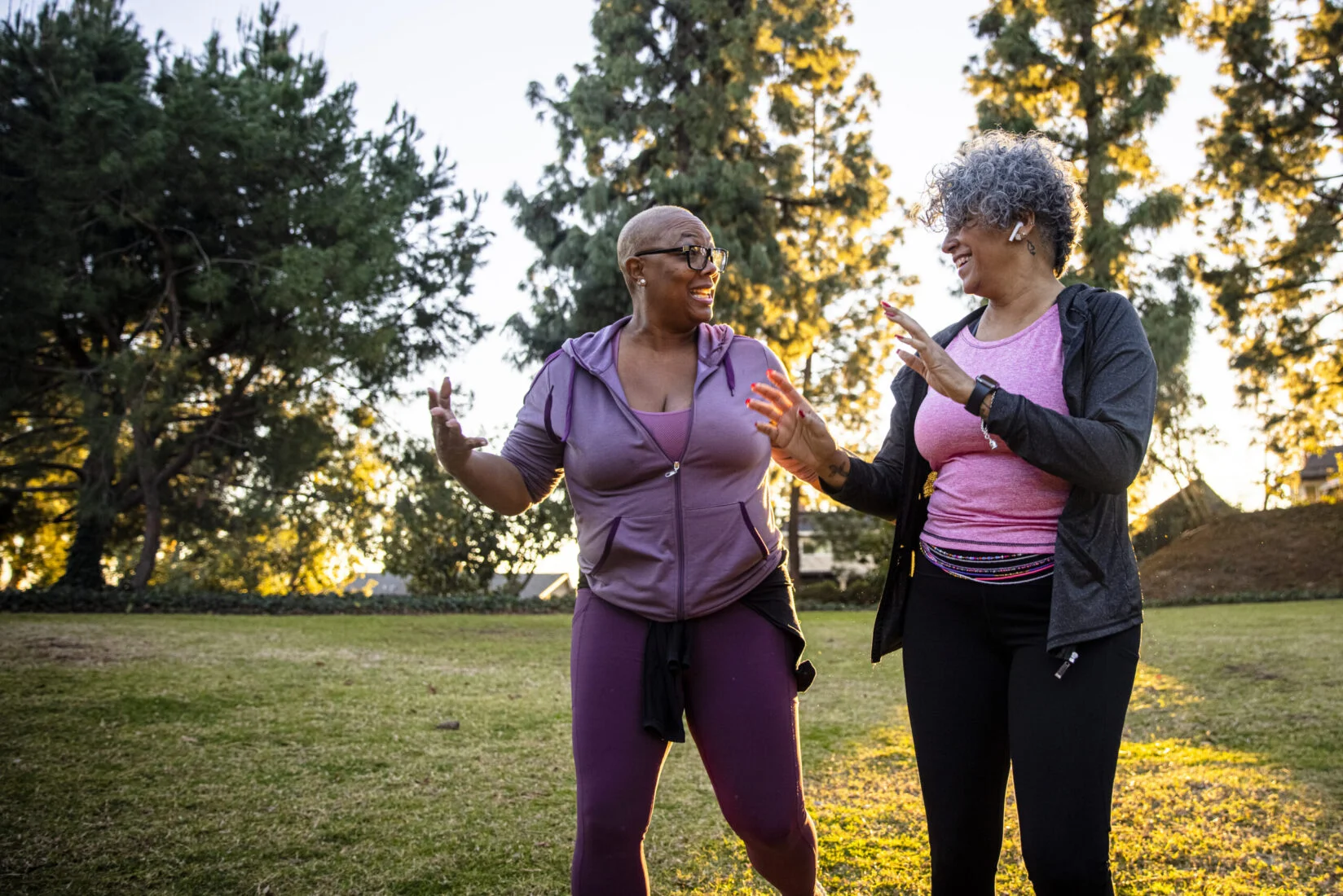
Blue Star Conversations – September 11, 2023
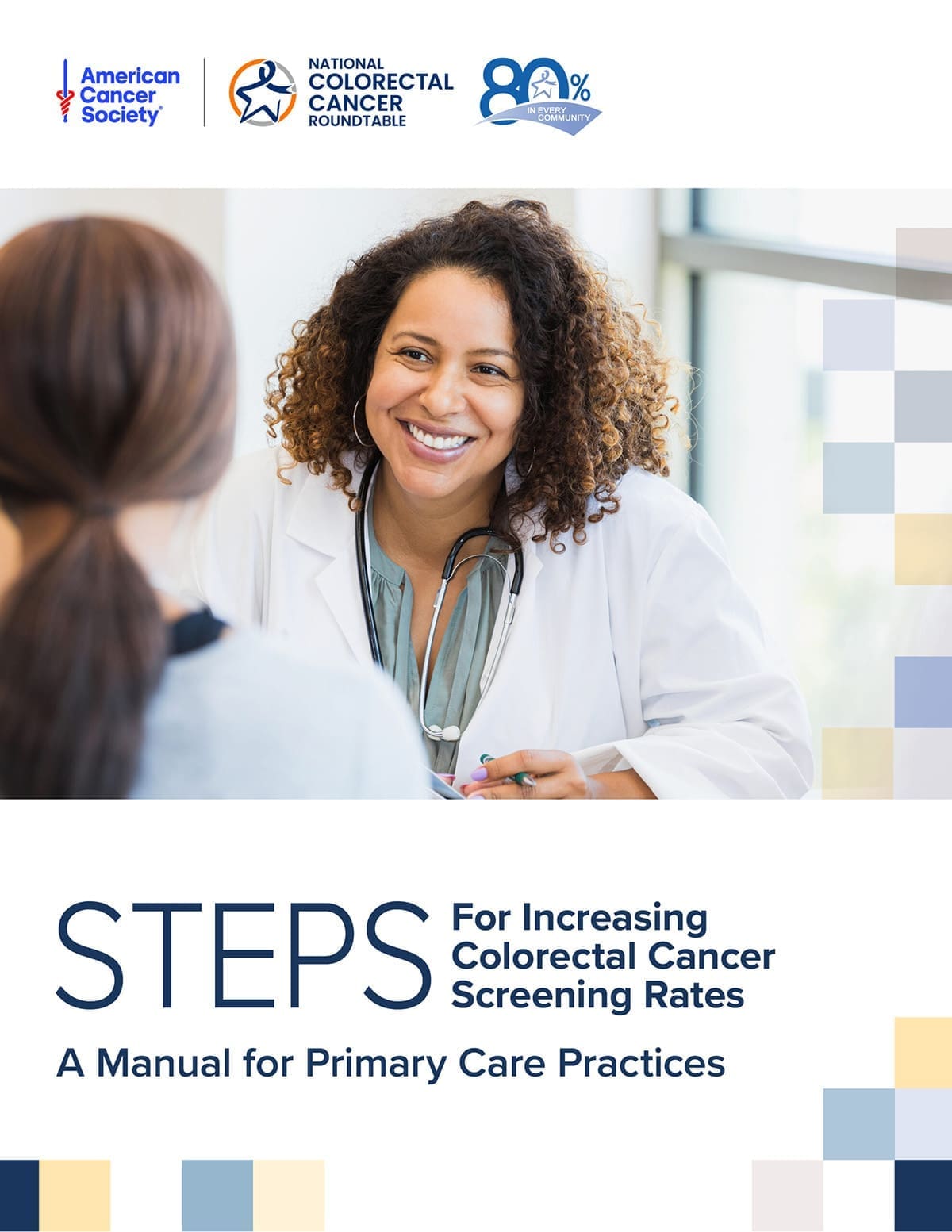
Steps for Increasing Colorectal Cancer Screening Rates: A Manual for Primary Care Practices

Webinar: 2022 NCCRT Steps Guide Update – July 25, 2022

Webinar: 2022 Messaging Guidebook for Black & African American People: Messages to Motivate for Colorectal Cancer Screening – June 21, 2022
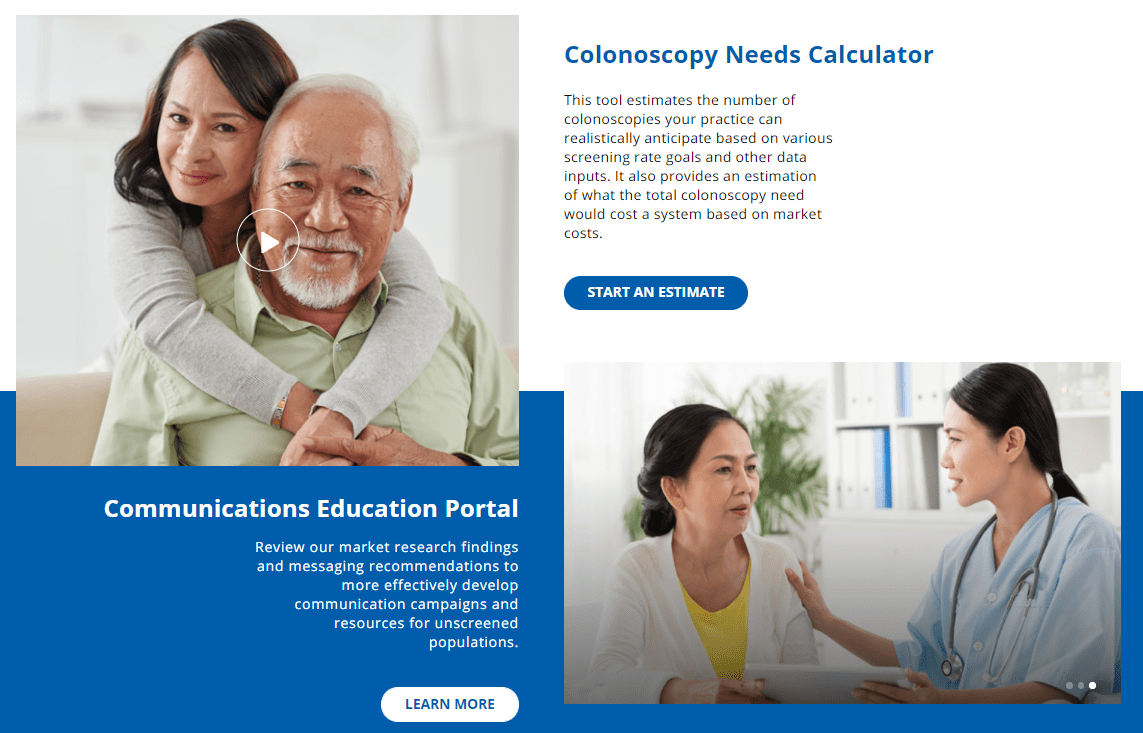
NCCRT Learning Center
